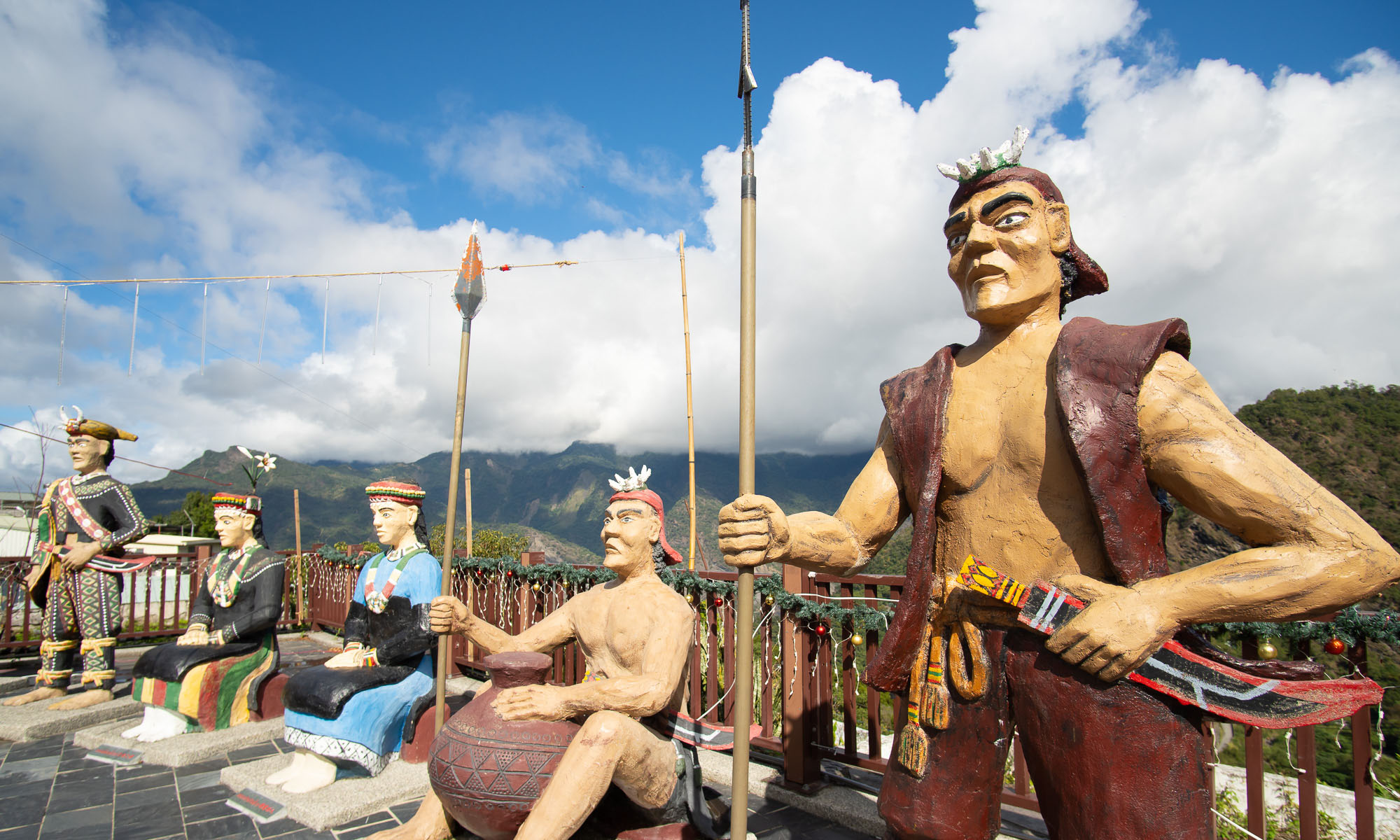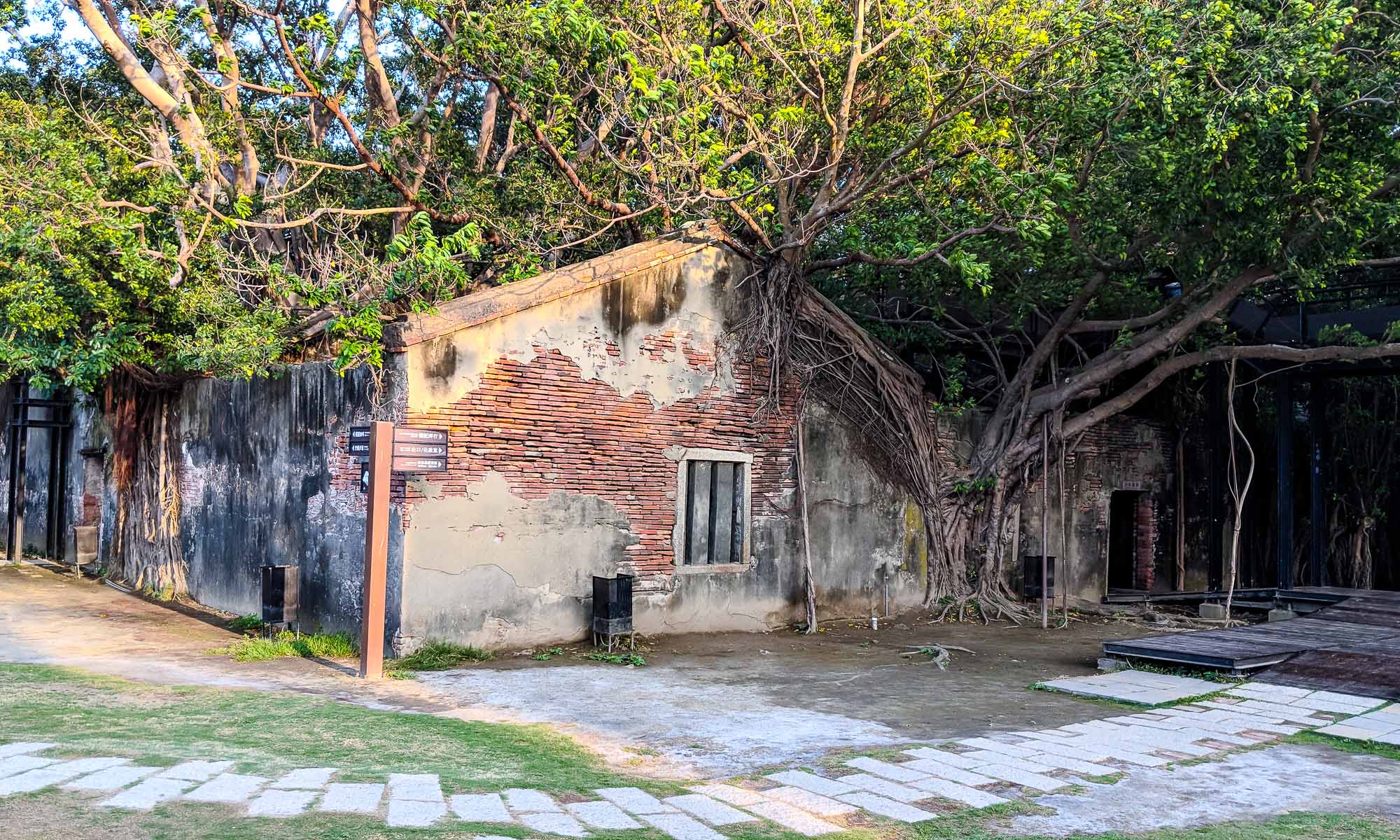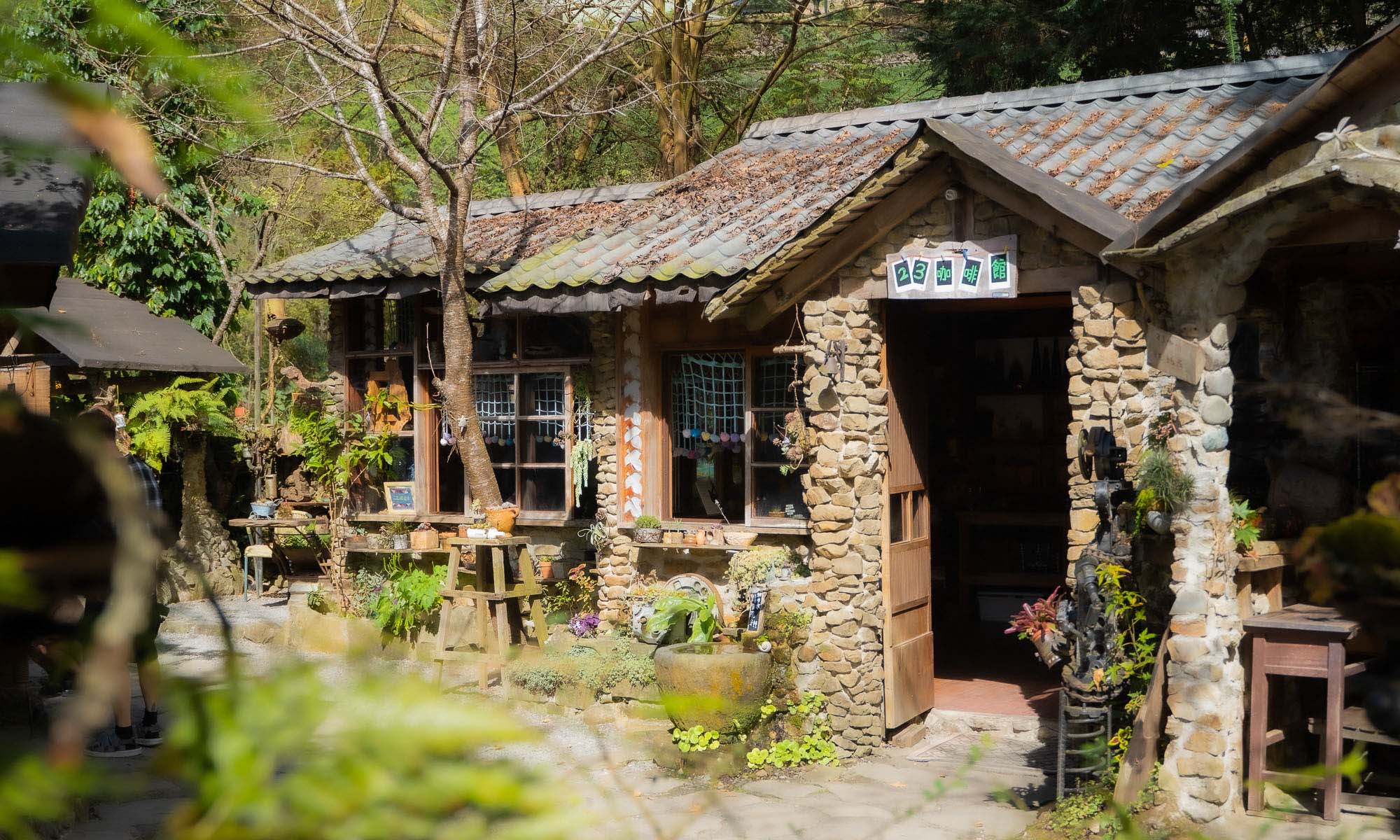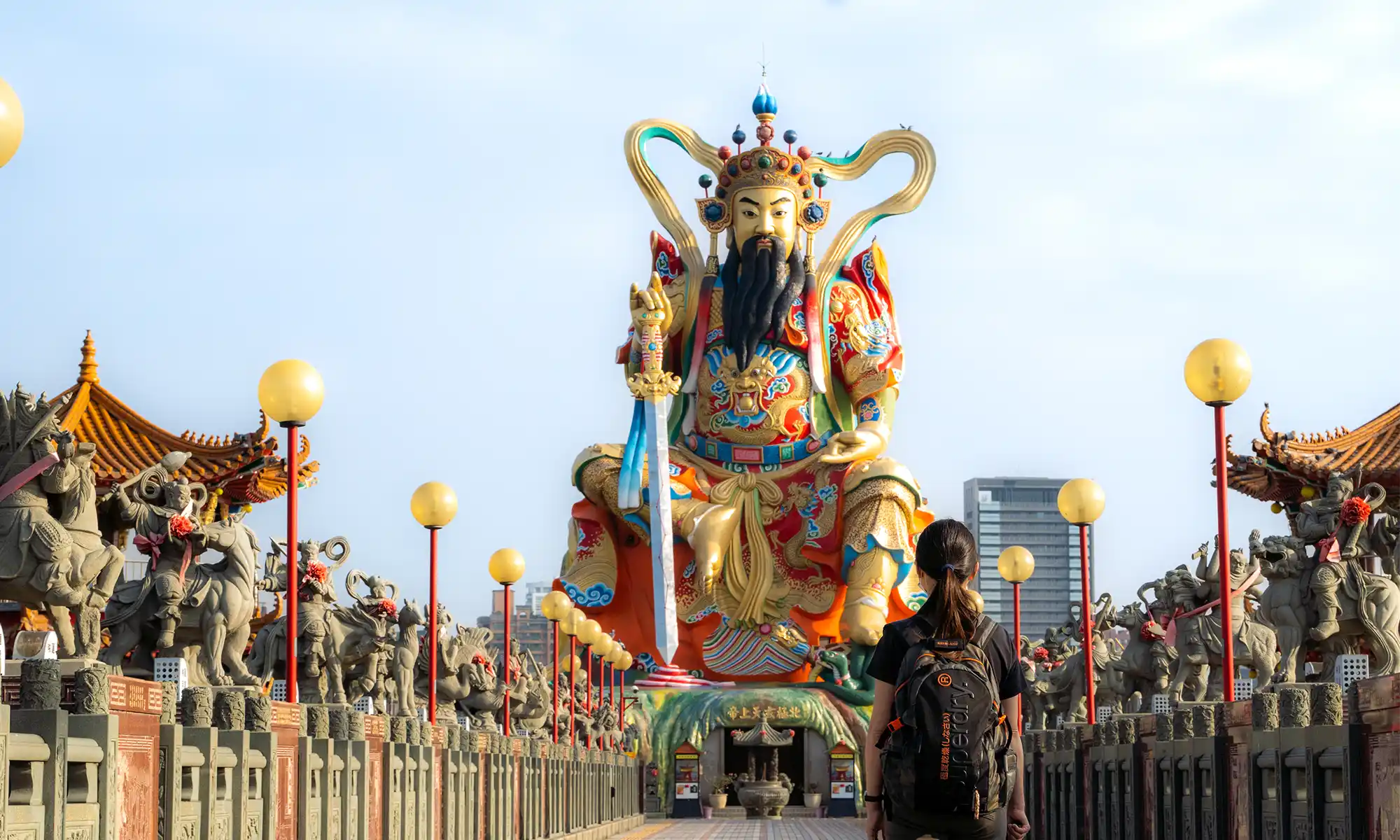THE RUKAI TRIBE OF WUTAI TOWNSHIP
According to the Rukai tribe’s traditional beliefs, the first man emerged from a hundred pace viper egg after it had been warmed by the sun for seven days. A female deity descended from heaven to marry him, and their offspring were the first Rukai. Like the Paiwan peoples to the East, the Rukai view the hundred pace viper as not only a sacred animal, but also the embodiment of their heavenly protector.
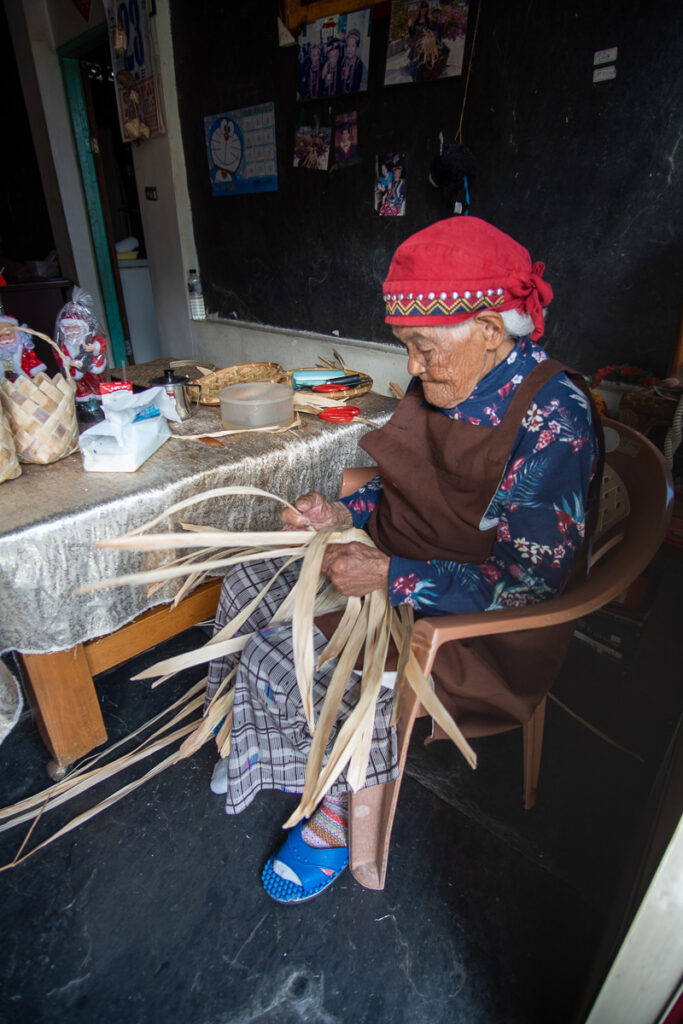
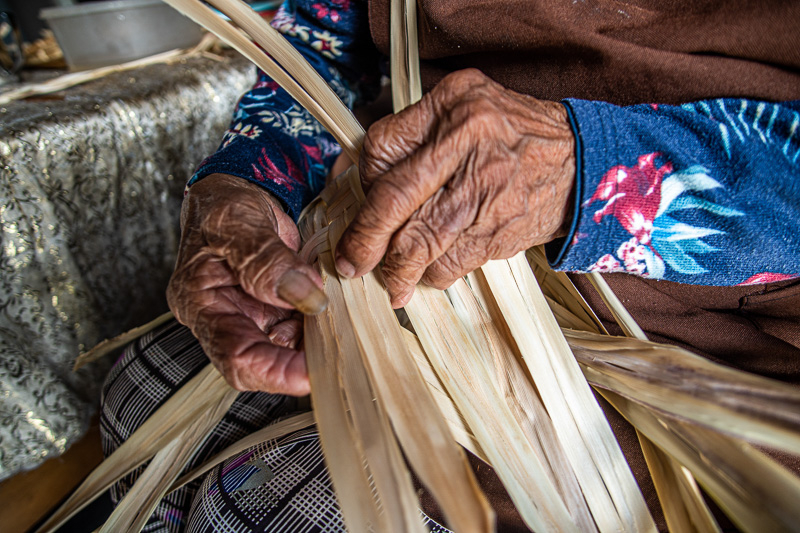
The Rukai believe in respecting nature, and finding a sustainable balance between resource exploitation and environmental conservation. In their long history of living in cold-mountainous areas, the Rukai have developed robust and ecologically-friendly ways of living, without the need for modern technology: using stone-slab techniques to build their typhoon-proof houses, making woven tools with moon peach leaves and food containers from bamboo.
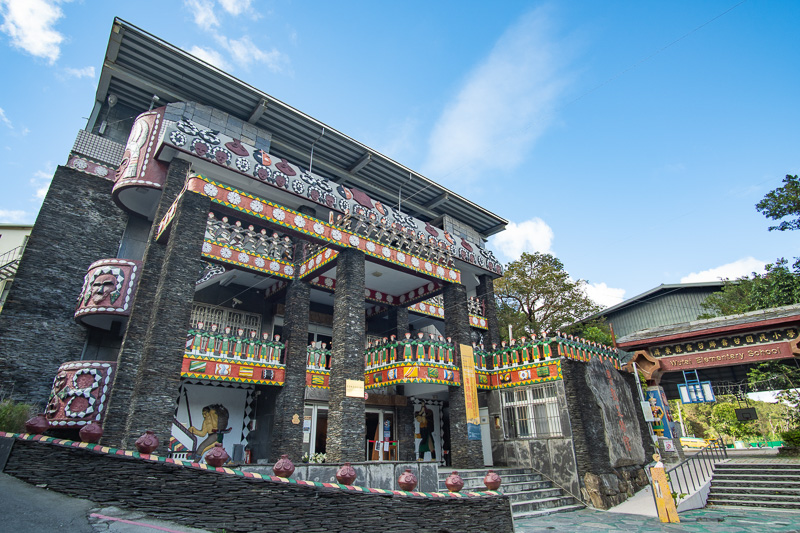
Stone Slab Houses are the main form of architecture used by the Rukai of Wutai Township. By using wood only for the structural supports, and stone on the outside, these houses are able to accommodate Taiwan’s challenging climate, keeping the interior warm during winter time and cool during summers. One village which features a collection of well-preserved houses, the 600-year old Kucapungane slab-stone village, is listed as considered an endangered heritage site by the World Monument Fund, and is reachable only by four wheel drive vehicle and on foot.
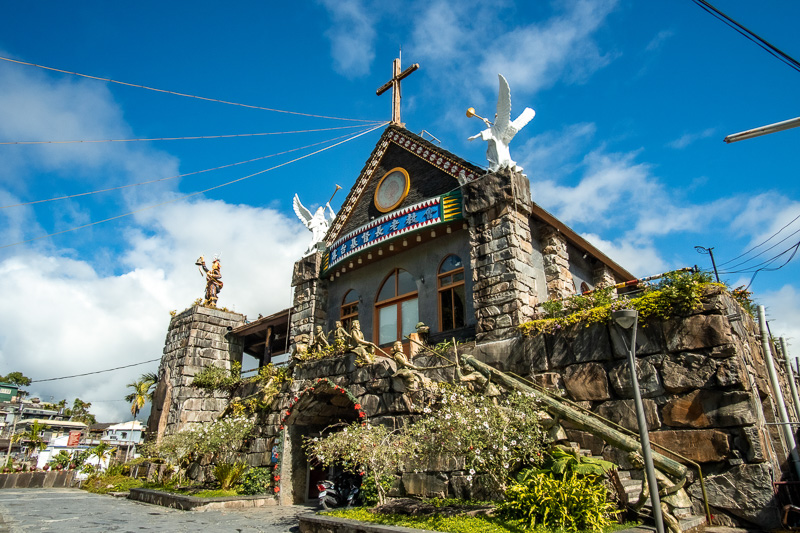
In the 1960s, Christian missionaries went deep into the rural areas of Taiwan and brought the Rukai much needed resources. As with many of Taiwan’s indigenous tribes, the Rukai Tribe continue to hold strong traditional beliefs related to the supernatural, but Christianity has also been integrated as a prominent religion. In Wutai, the stone-built Wutai Presbyterian Church is another highlight of the Rukai Tribe’s architecture. Inside, you will find the Virgin Mary wearing a traditional Rukai gown, perfectly blending the aboriginal local culture with Western religion.
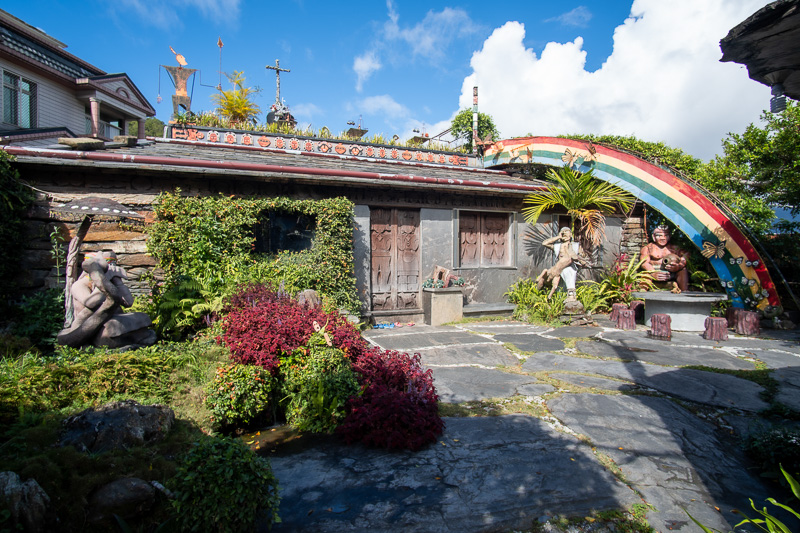
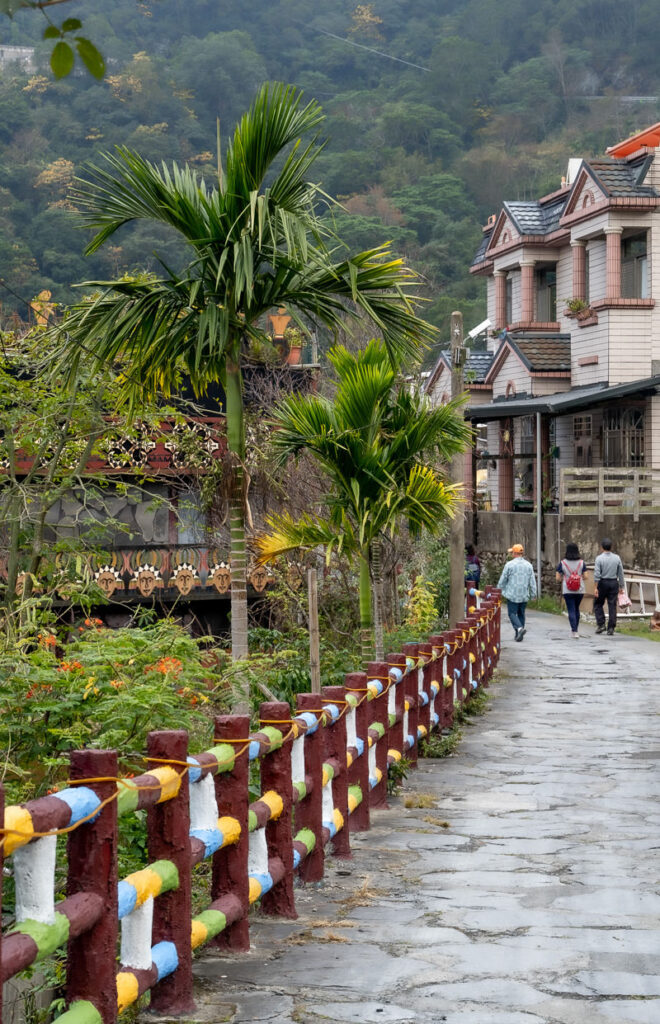
For more indigenous knowledge, read about the Atayal’s award-winning foraged spices of maqaw and tana.

